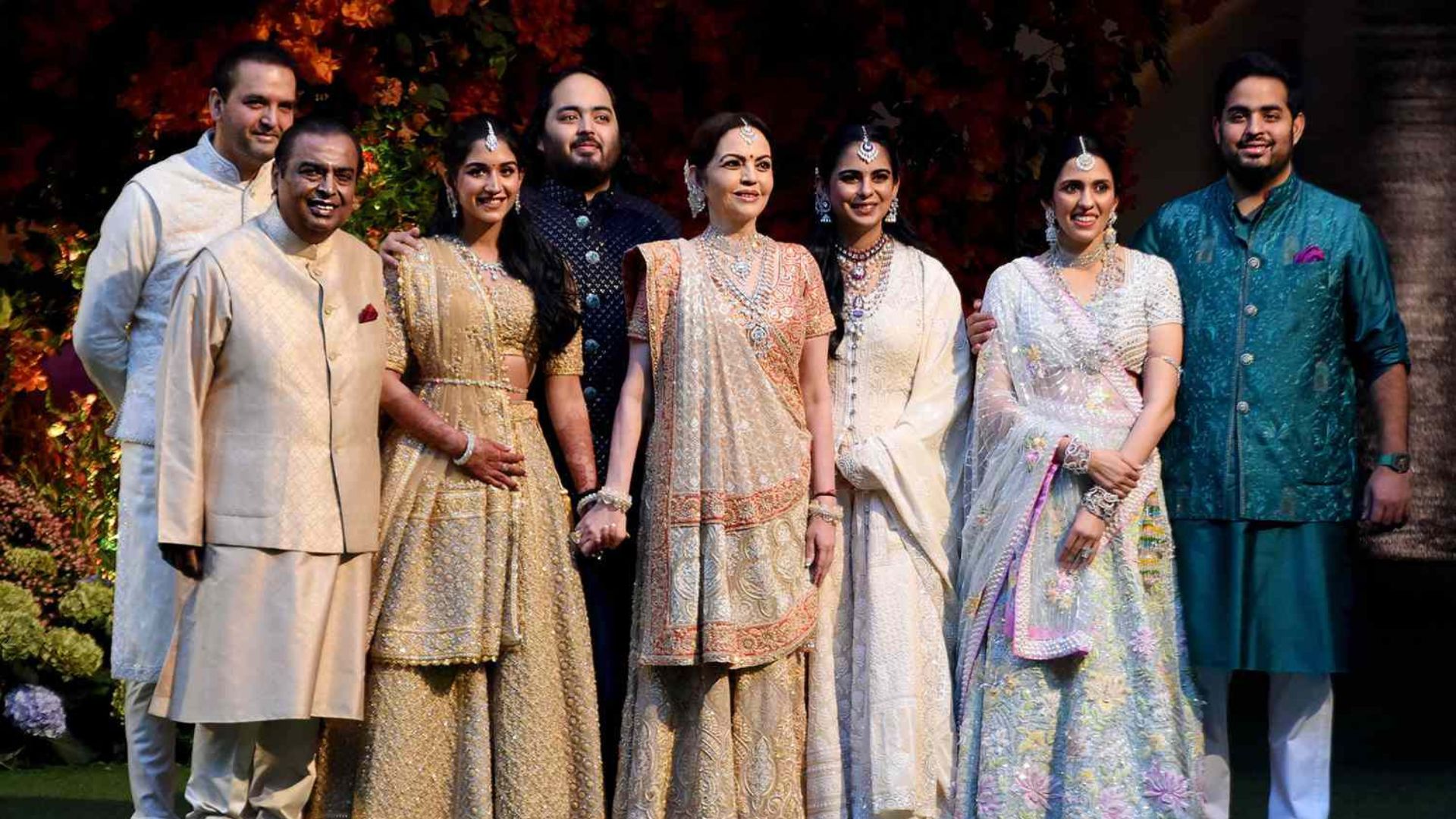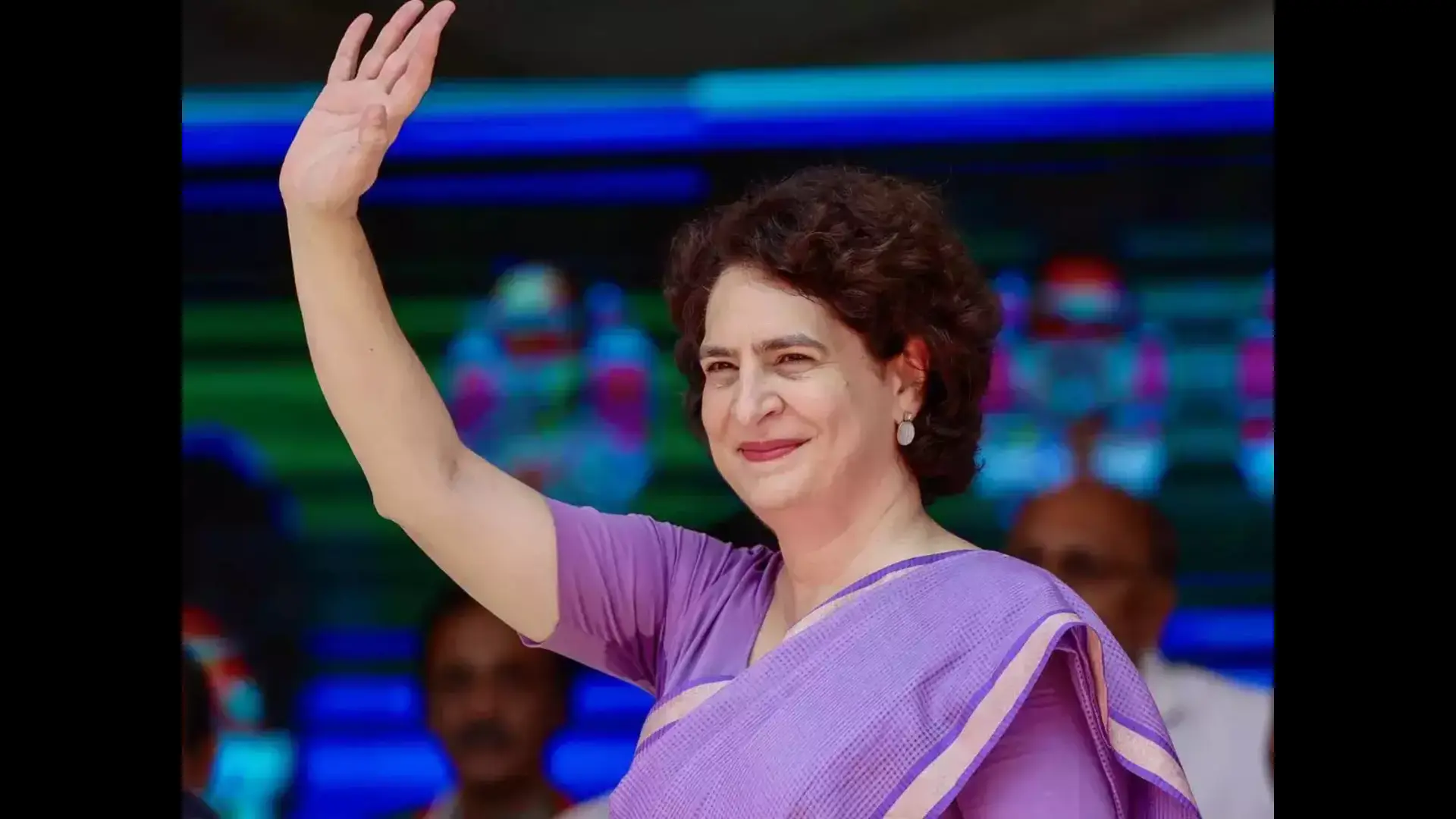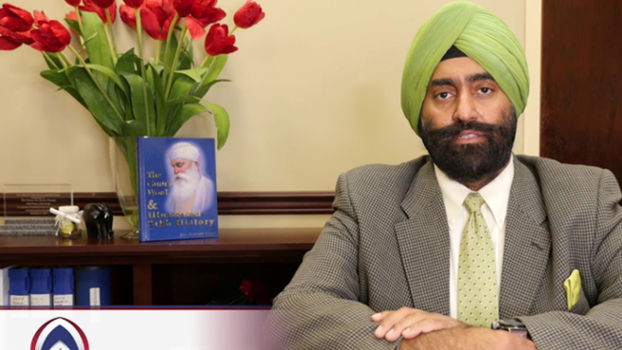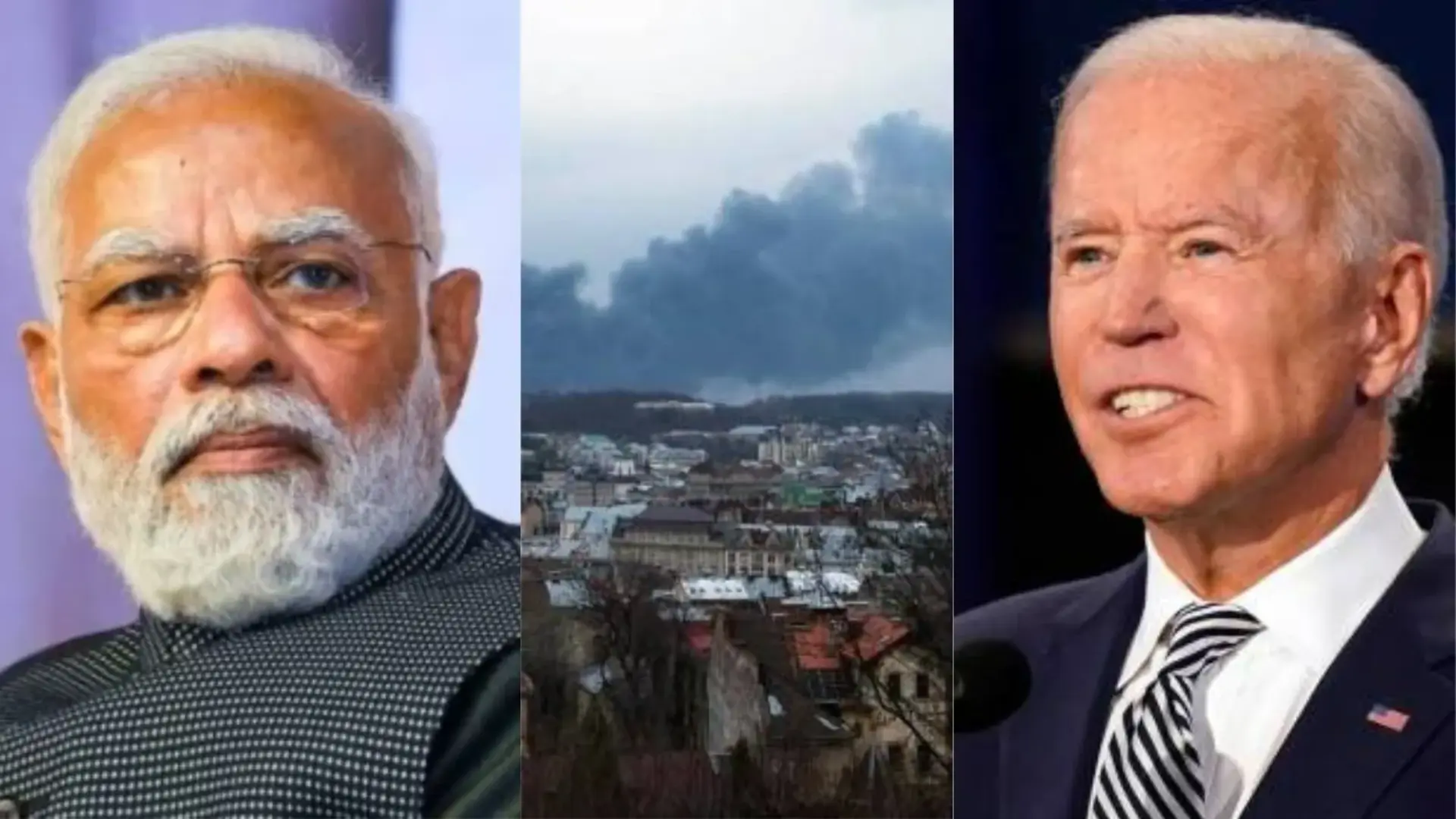
The Barclays-Hurun India report has ranked the Ambani family at the top of its list of most valuable family businesses, with a staggering valuation of ₹25.75 trillion, which equates to nearly 10% of India’s GDP. This valuation is based on company valuations as of March 20, 2024, and excludes private investments and liquid assets while adjusting for cross-holdings to avoid double counting.
Following the Ambanis are the Bajaj family, valued at ₹7.13 trillion and led by Niraj Bajaj, and the Birla family, with a valuation of ₹5.39 trillion. Together, the top three family businesses hold a combined value of $460 billion, comparable to the GDP of Singapore.
The report also highlights the Sajjan Jindal-led family in fourth place with a valuation of ₹4.71 trillion and the Nadar family in fifth place at ₹4.30 trillion. Notably, Roshni Nadar Malhotra from the Nadar family is the only woman featured in the top 10 family businesses.
For first-generation families, the Adani family leads with a valuation of ₹15.44 trillion, followed by the Poonawalla family, owners of the Serum Institute of India, valued at ₹2.37 trillion. The Divi family is third, with a valuation of ₹91,200 crore.
Anas Rahman Junaid, founder and chief researcher at Hurun India, emphasized that the 28 companies in the industrial products sector, valued at ₹458,700 crore, and the 23 in the automobile sector, along with 22 in pharmaceuticals, collectively valued at ₹1,876,200 crore and ₹7,88,500 crore respectively, play a crucial role in boosting India’s global competitiveness and economic resilience.
Nitin Singh, head of Barclays Private Bank, Asia Pacific, noted, “India is a complex country. It is made up of various states and various things. It rewards people who know how to work in this complex environment. And I think that is what multi-generational businesses have been able to do over the years; they’ve been able to thrive in working in this complex environment.”














